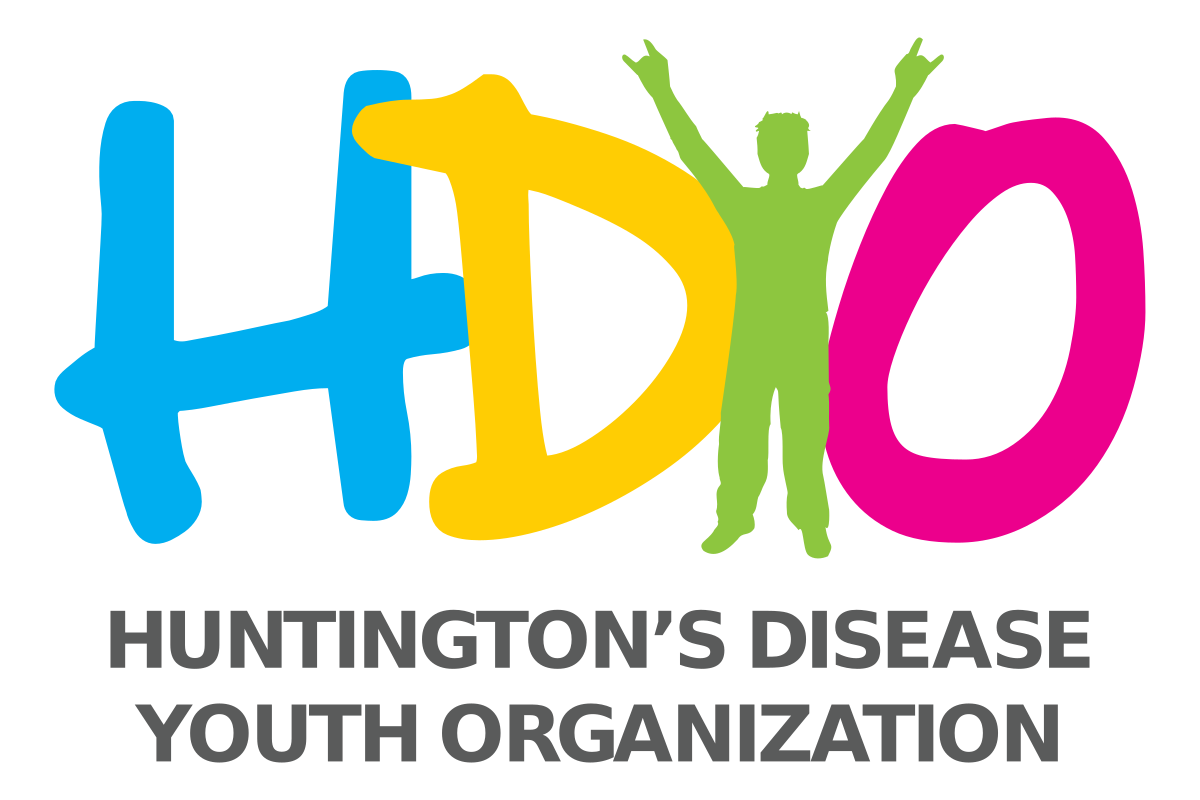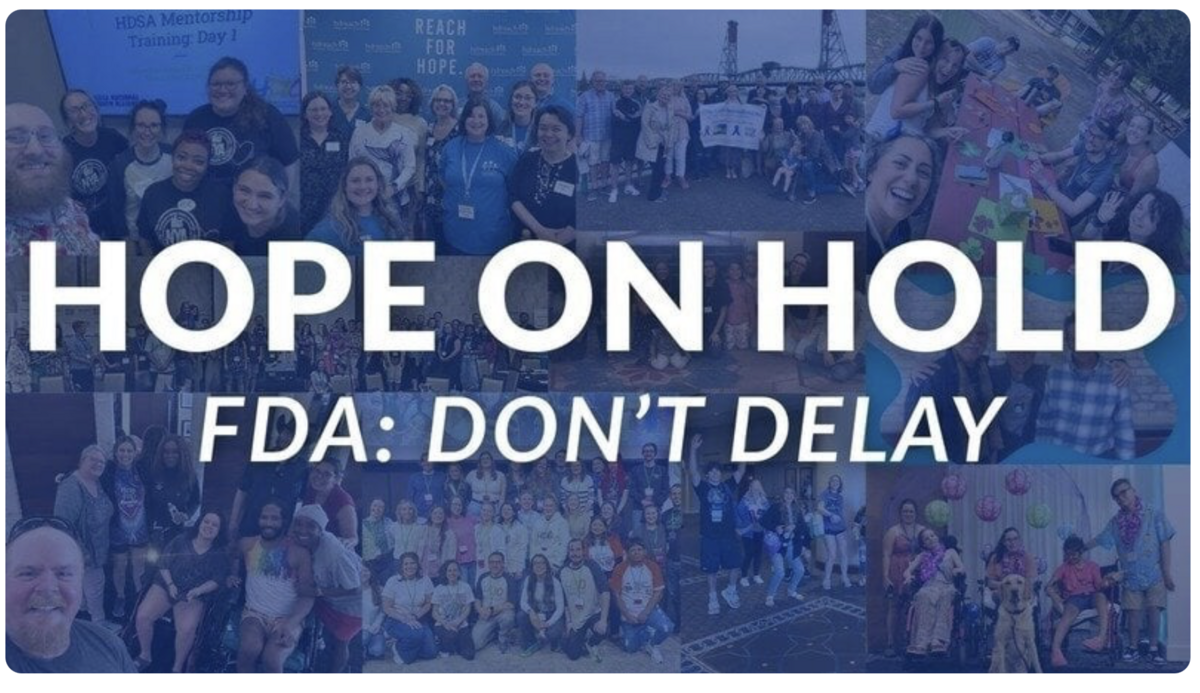Strategies to Engage Young People
October 05, 2024

HDYO has more information about HD available for young people, parents and professionals on our site:
www.hdyo.org
*Reviewed by Education and Research Committees 2024
Engaging young people impacted by Huntington's Disease (HD) is crucial for fostering a sense of belonging and empowerment. HD professionals play a vital role in guiding these individuals, to help them navigate their experiences and decide when getting involved in the community may be right for them. By offering support with sensitivity and respect for their readiness, professionals can ensure young people feel empowered and supported.
Why It Is Important to Get Young People Impacted by HD Involved
Emotional Support: Engagement in the HD community can significantly reduce feelings of isolation among young people. Being part of a community that understands their struggles and challenges, can help alleviate the emotional burden, providing a sense of solidarity and shared understanding.
Personal Advocacy and Empowerment: Taking an active role in personal advocacy empowers young people impacted by HD by giving them a voice. Being open about how HD affects them, may help them navigate future concerns with work, friends, relationships and other aspects of life. This self-advocacy fosters a sense of purpose and control. It can assist in allowing them to make informed decisions about their future.
Education: Involvement in the HD community enhances understanding of the disease, managing symptoms and learning about resources and research. Education empowers young people to make informed decisions about their health and future. It also provides tools to navigate the complexities of living with HD or supporting someone who does.
Community Building: A supportive network within the HD community fosters a sense of belonging and mutual support. This network can provide practical support, share valuable resources and offer emotional encouragement during challenging times. By participating in community-building activities, young people can develop lasting friendships and a sense of camaraderie.
Understanding Young People’s Fears and Concerns
Reservation about Openness: Fear of vulnerability and reluctance to share personal stories are common concerns. Young people may worry about being judged and misunderstood, so it's important to create an environment where they feel safe and respected.
Time Concerns: Balancing school, work and personal life with community involvement can be challenging. Flexible involvement options, such as online activities or occasional events, can make it easier for them to engage.
Concerns from Pre-symptomatic/At-Risk/Gene Negative Young People:
- People who have tested positive but do not have symptoms, may avoid engaging in the HD community, due to the fear of being labeled “sick” or of being treated differently.
- Young people who are at-risk may hesitate to get involved in the HD community, because of the emotional burden of being reminded of their uncertain genetic status related to HD.
- Young people who have tested negative for the HD gene may feel a sense of survivor's guilt. They may feel they don't fully belong in the HD community, making them reluctant to engage.
Fear of Judgment and Family Dynamics: Family attitudes and dynamics significantly impact a young person’s comfort level with community engagement. If a family does not have open communication about HD, then young people may fear retribution from the family if they seek support or involvement in the HD community.
Social Stigma: The fear of being labeled or treated differently can prevent young people from getting involved with the community.
Guilt: Parents may feel responsible for passing on the gene, while young people who test positive experience guilt for carrying it. Siblings who test negative may struggle with survivor’s guilt. These feelings can discourage community involvement, adding emotional complexity to an already difficult situation.
Privacy: Maintaining privacy and protecting family confidentiality are valid concerns.
Reminding Young People of Things to Consider When They Get Involved in the HD Community
Time Commitment: Encourage young people to assess their availability and balance their responsibilities. It's important to help them find a level of involvement that suits their lifestyle and commitments. They may want to start with small, manageable activities and gradually increase their involvement as they become more comfortable.
Utilizing Strengths: Assist them in identifying their unique skills and talents that can contribute to the community. Whether it's writing, organizing events, or offering peer support, their strengths can make a significant impact. Encouraging young people to leverage their talents can enhance their confidence and sense of contribution.
Comfort with Sharing: Help them determine their level of comfort levels by sharing personal experiences. They should feel no pressure to disclose more than they are comfortable with and should be encouraged to set boundaries. Creating a supportive environment where they feel in control of their narrative is crucial.
Engagement Goals: Encourage them to clarify their objectives for involvement. Understanding their goals can help them find meaningful and fulfilling ways to contribute to the community. Whether their aim is to advocate, support others, or learn more about HD, having clear goals can guide their participation.
Safety and Boundaries: Emphasize the importance of setting personal boundaries for well-being and privacy. They should feel empowered to step back when needed and prioritize their mental and emotional health. Professionals can provide strategies for maintaining boundaries and self-care, ensuring that young people do not feel overwhelmed by their involvement. Regular check-ins can help monitor well-being and adjust the level of engagement as needed.
Ways for Young People to Get Involved
Getting Started
Sharing Experiences with Close Friends: Young people can start by discussing HD within a trusted circle. This can help them feel more comfortable talking about the disease openly.
Wearing HD-Related Messages: Wearing a bracelet or shirt with a HD-related message, can spark conversations and raise awareness.
Following HD Associations and Influencers on Social Media: This provides a passive yet informative way to stay connected and informed about HD.
Participating in Online Educational Events: Engaging in these events allows them to learn more about HD without needing to commit to an in–person event.
Practicing Telling Their Story: Talking about HD helps build confidence and prepares them for more public discussions.
Completing Online Surveys: Participating in surveys contributes to research and community understanding.
One Step Further
Joining Online Support Groups and Forums: Connecting with others facing similar challenges helps build a supportive network.
Contacting an HD Association: Reaching out directly to HD advocacy organizations provides additional resources and support. This offers opportunities for deeper involvement in the community.
Meeting Other Community Members: Building connections either online or in- person fosters a sense of camaraderie and shared purpose.
Joining the HDYO Ambassadors: Empowering young people to take on leadership roles within the HD community.
Attending Local HD Events: Fostering in-person connections and a stronger sense of community.
Participating in Observational Studies like Enroll-HD: Contributing to research while feeling a sense of contribution to scientific progress.
Even Further
Sharing Their Story on Social Media or Within the Community: Raising awareness and inspiring others by sharing personal experiences.
Speaking at HD Events: Advocating on a larger platform and raising awareness about HD.
Joining Boards or Committees: Influencing decision-making and driving initiatives within the HD community.
Participating in a peer-to-peer group like Youth and Young Adult Mentorship Program: Providing guidance and support as a mentee or mentor, fostering personal and communal growth.
Engaging in Clinical Research: Contributing to scientific advancements and playing a direct role in the future of HD treatment and understanding.
Conclusion
Engaging young people impacted by HD is crucial for fostering a supportive community and empowering them. By addressing their concerns and providing varied opportunities for involvement, professionals can help young people find their place within the HD community. This engagement can build confidence, emotional support and advocacy.



